
By Shannan Akosua MAGEE
When the National Pan-Hellenic Council (NPHC) was founded on May 10, 1930, at Howard University in Washington, D.C., few could have imagined that its mission of unity, scholarship, and service would one day return to the land of its ancestors.
The first chapters to reach African soil appeared in Liberia in the late 1940s, but it is in Ghana that this movement has found new energy—a revitalization uniting the continent and its diaspora. Ninety-five years later, that circle closed in Accra, where the West African Regional National Pan-Hellenic Council (WARNPHC) was formally chartered on May 10, 2025.
The NPHC—commonly known as the Divine Nine—has long been a cornerstone of leadership in historically Black institutions. Its members include educators, activists, and community builders whose influence has shaped African-American progress for nearly a century.
What began in the halls of Howard now thrives on African soil, where fraternity and sorority members apply the same principles of service and solidarity to strengthen communities and deepen diaspora ties.
A Historical Return
The first seeds were planted in 1948, when Zeta Phi Beta Sorority, Inc. established a chapter in Monrovia, Liberia—the first Black Greek-lettered organization on African soil. A decade later, in 1958, Alpha Kappa Alpha Sorority, Inc. chartered in Monrovia, advancing scholarship, service, and sisterhood.
In 1960, Sigma Gamma Rho Sorority, Inc. chartered the Gamma Alpha Chapter at the University of Liberia, extending that legacy through education and leadership. Two years later, Delta Sigma Theta Sorority, Inc. followed suit.
As independence movements surged, leaders like Dr. Kwame Nkrumah of Ghana and President Nnamdi Azikiwe of Nigeria—both Phi Beta Sigma members—embodied a new African consciousness. The intellectual presence of Dr. W. E. B. Du Bois (Alpha Phi Alpha) and Shirley Graham Du Bois (Delta Sigma Theta), who made Ghana their home, gave profound weight to this trans-Atlantic bond.
Also influential were President William Tubman and First Lady Antoinette Tubman of Liberia, whose era fostered exchange between Africa and African Americans. In that same spirit, Adelaide Casely-Hayford, a Sierra Leonean-Ghanaian educator and proud Zeta Phi Beta, championed girls’ education and African pride, paralleling Dr. Anna Julia Cooper (Alpha Kappa Alpha), whose Pan-African scholarship laid early foundations for global Black solidarity. Together, they linked education and culture as vehicles for liberation.
The Modern Resurgence
Long before Ghana’s Year of Return (2019), Black Greek members were rebuilding roots on the continent. Educators, entrepreneurs, and civic leaders revived community and purpose that transcended borders. Among them were Nana Serwa Wiafe, Kwabena “Kwab” Asamoah, Emmanuel Gamor, Iris Ampofo-Barnes, Richard Adzei, Michael Darko, Nana K. Asare, Obed Lartey, Jonathon Akuamoah, Ken Takyi Agyapong Jr., Abdul Kareem Abdullah, Ceola Oware, Afi Keni, Anthony Kwaku Prah Biney, Kofi Apraku, Adjoa Asamoah, Ozbert K. Boakye, Dr. Nana Kwame Wiafe-Ababio, and Dzigbordi Kwaku-Dosoo.
Later, Ellen Johnson Sirleaf of Alpha Kappa Alpha, Africa’s first elected female head of state and President of Liberia (2006–2018), carried that legacy forward. She reflected the enduring power of education and integrity—principles also upheld by Joseph Boakai of Liberia (Alpha Phi Alpha) and Peter Mutharika of Malawi (Phi Beta Sigma), both modern heads of state within the Divine Nine network.
Supporting this return were Victoria Cooper, Jerome Thompson, Jimmie Thorne, Sherrie Thompson, Norma Brooks-Puplampu, David Kweku Fleming, Craig Norman, and Glenda “Peaches” Simpkins, all members of the African American Association of Ghana (AAAG). Their decades of work linking repatriates with Ghanaian institutions created fertile ground for service and connection.
Greeks of the Motherland
The modern expansion began with Greeks of the Motherland, founded by Nana Serwa Wiafe (DST) and Kwabena “Kwab” Asamoah (OPP) to connect fraternity and sorority members across Africa. The initiative became a digital and social hub linking Divine Nine members in Ghana, Liberia, Kenya, Tanzania, Nigeria, Sierra Leone, and South Africa, coordinating mentorships, service projects, and community events.
Leaders such as Wayne Francis, Shannan Akosua Magee, Beverly Booker-Ammah, Maurice Cheetham, Erica Daniels, Bryan Cox, Nzali Johnetta Abrahams, Cassandra Blaine, Jamille Brown Shuler, LeAnn Arnold, Delia Gillis, Lynn Tawiah, Richard A. Moore, Adaamah Craig, Shermaine Moore Boakye, Annabelle McKenzie, Christa Sanders, Wanida Lewis, Adrienne Corder, Terrell Sanders, and Diallo Sumbry—the first African-American Tourism Ambassador—organized the popular Divine Nine Mixers, fostering cross-organizational fellowship.
This period of growth paved the way for the first Divine Nine chapter in Ghana, when Omega Psi Phi Fraternity, Inc., which had first chartered in Liberia in 1955, made history again in 2011. Known for its service and camaraderie, the fraternity hosted iconic barbeques at Kwabena Asamoah’s home, becoming a cornerstone of Accra’s Divine Nine calendar. These gatherings built networks that helped lay the foundation for the West African Regional NPHC (WARNPHC).
Ghana Gives Birth
On May 10, 2025, Ghana became the birthplace of a new Pan-Hellenic era with the chartering of the West African Regional NPHC (WARNPHC) under Christopher Ray, President of Phi Beta Sigma Fraternity, Inc. The Council unites Divine Nine organizations across West Africa, advancing service, leadership, and diaspora connection.
Ambassadors and Icons Prominent figures have amplified this movement’s reach: Samia Nkrumah (Zeta Phi Beta) – Ghanaian politician and daughter of Kwame Nkrumah. A. J. Akua Okyerebea Johnson (Delta Sigma Theta) – Actress, producer, and health ambassador. Malika Mene (Zeta Phi Beta) – First Lady of the AfCFTA, advocate for women’s entrepreneurship. Gina Paige (Alpha Kappa Alpha) – Co-founder of African Ancestry. Farida Nana Efua Bedwei (Sigma Gamma Rho) – Software engineer and author.
Hamamat Montia (Sigma Gamma Rho) – Model and entrepreneur. Engracia Mofuman (Sigma Gamma Rho) – Linguist and educator. Dr. Nana Kweku Nduom (Alpha Phi Alpha) – Business leader and advocate for sustainable enterprise.
Together, they reflect how heritage, culture, and service intersect in Ghana’s Pan-Hellenic landscape.
Service in Action and Beyond
Even before the charter, Divine Nine members in Ghana demonstrated unity through projects such as the D4 Project in Greater Ada for menstrual health, Maternal Health Initiatives covering hospital costs, Borehole Water Projects led by Team CSR Ghana under Jonathon Akuamoah, and Youth and STEM Mentorships promoting Pan-African leadership. The Uplift Torgorme Foundation continues similar work across the Volta Region.
Today, Divine Nine chapters operate in Ghana, Liberia, Nigeria, The Gambia, and South Africa, with expanding links in Benin, Kenya, and Tanzania. What began as a cultural return has evolved into a continental movement—a fusion of diaspora vision and African leadership that redefines service and scholarship across borders.
Nearly a century after the NPHC’s founding at Howard University, the spirit of the Divine Nine now thrives on African soil—not merely as a homecoming, but as a continuation.
The writer is a Ph.D Student, University of Ghana- Kwame Nkrumah Institute of African Studies
The post How black Greek life found its home on African soil appeared first on The Business & Financial Times.
Read Full Story
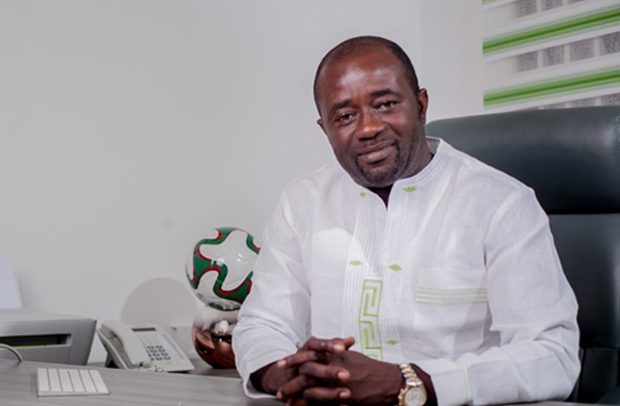


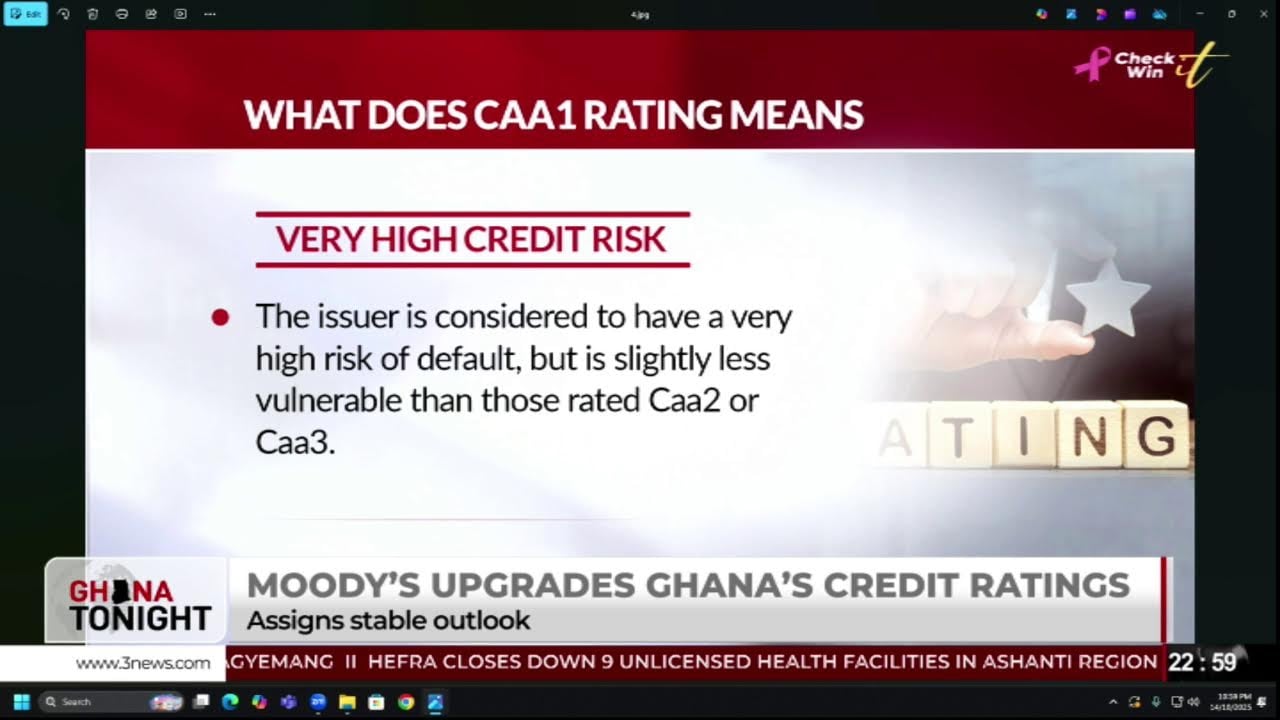

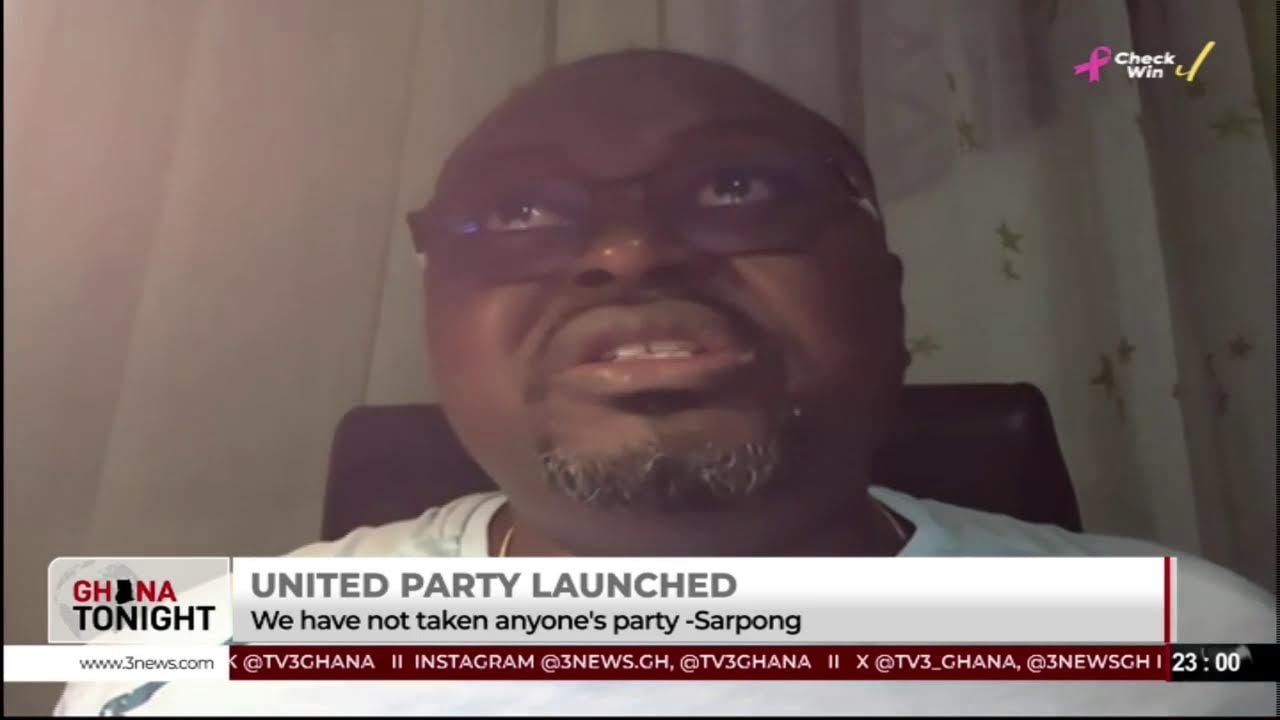
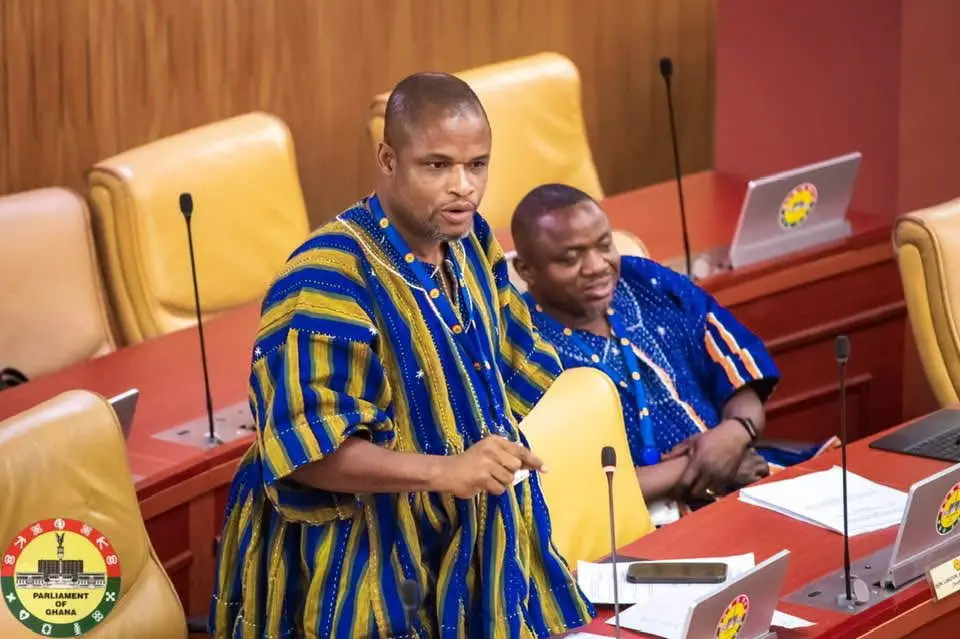
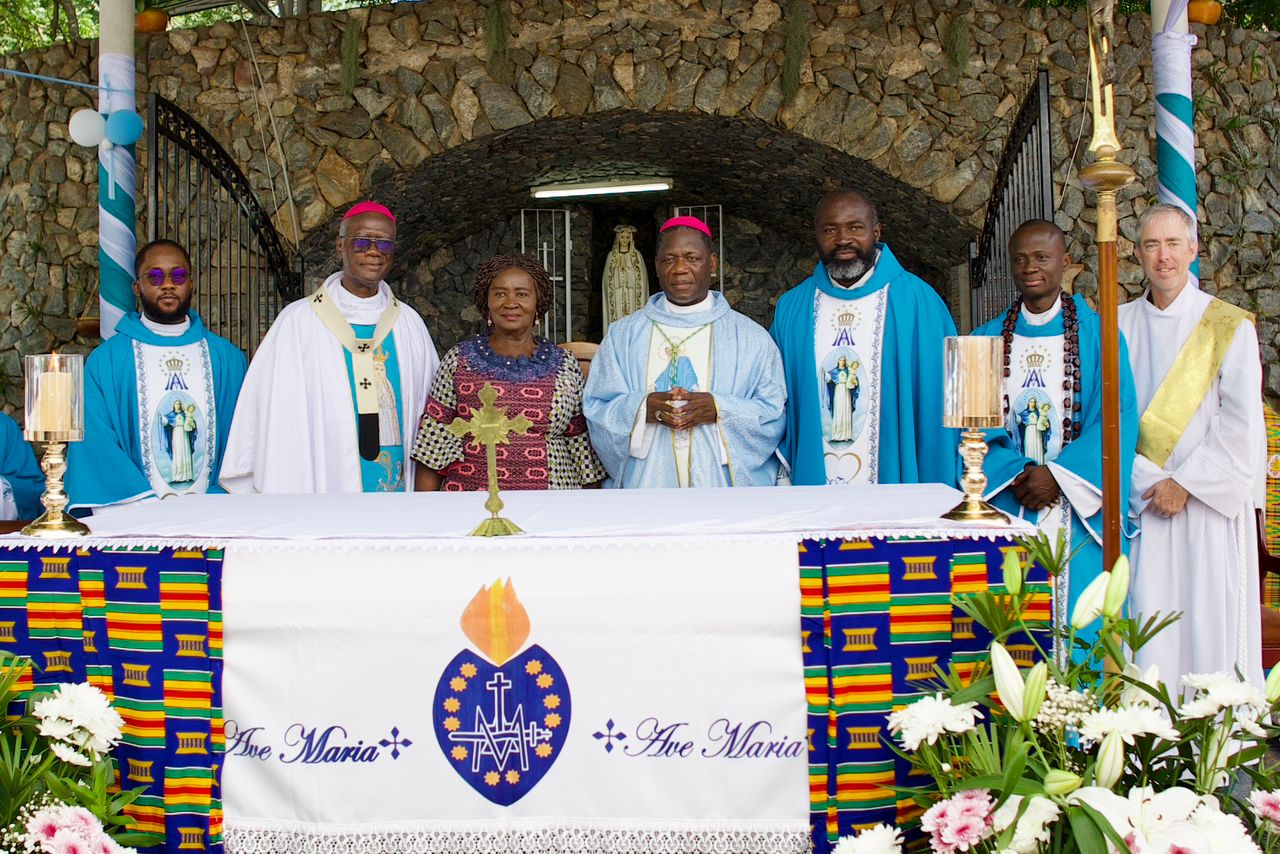


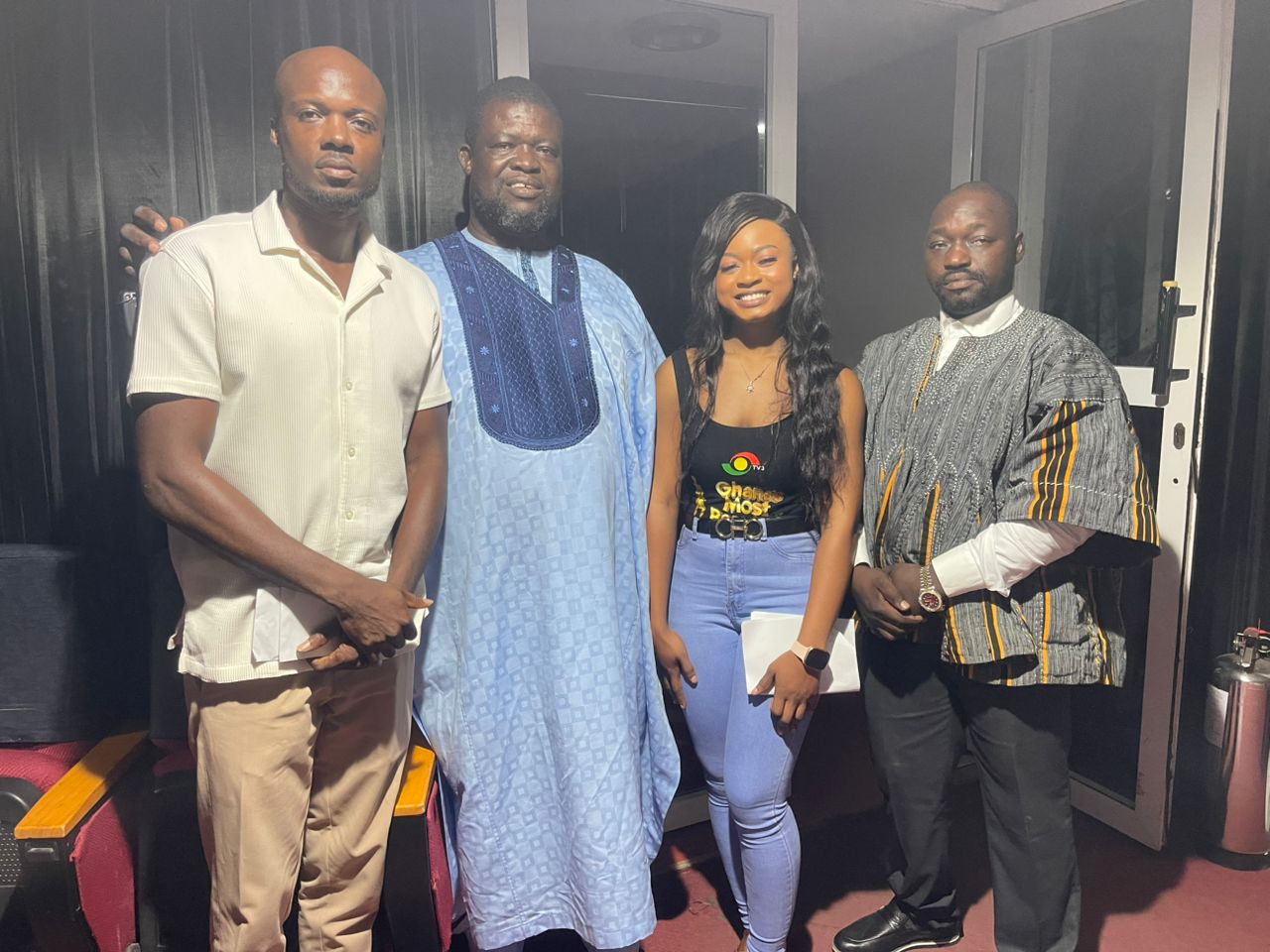



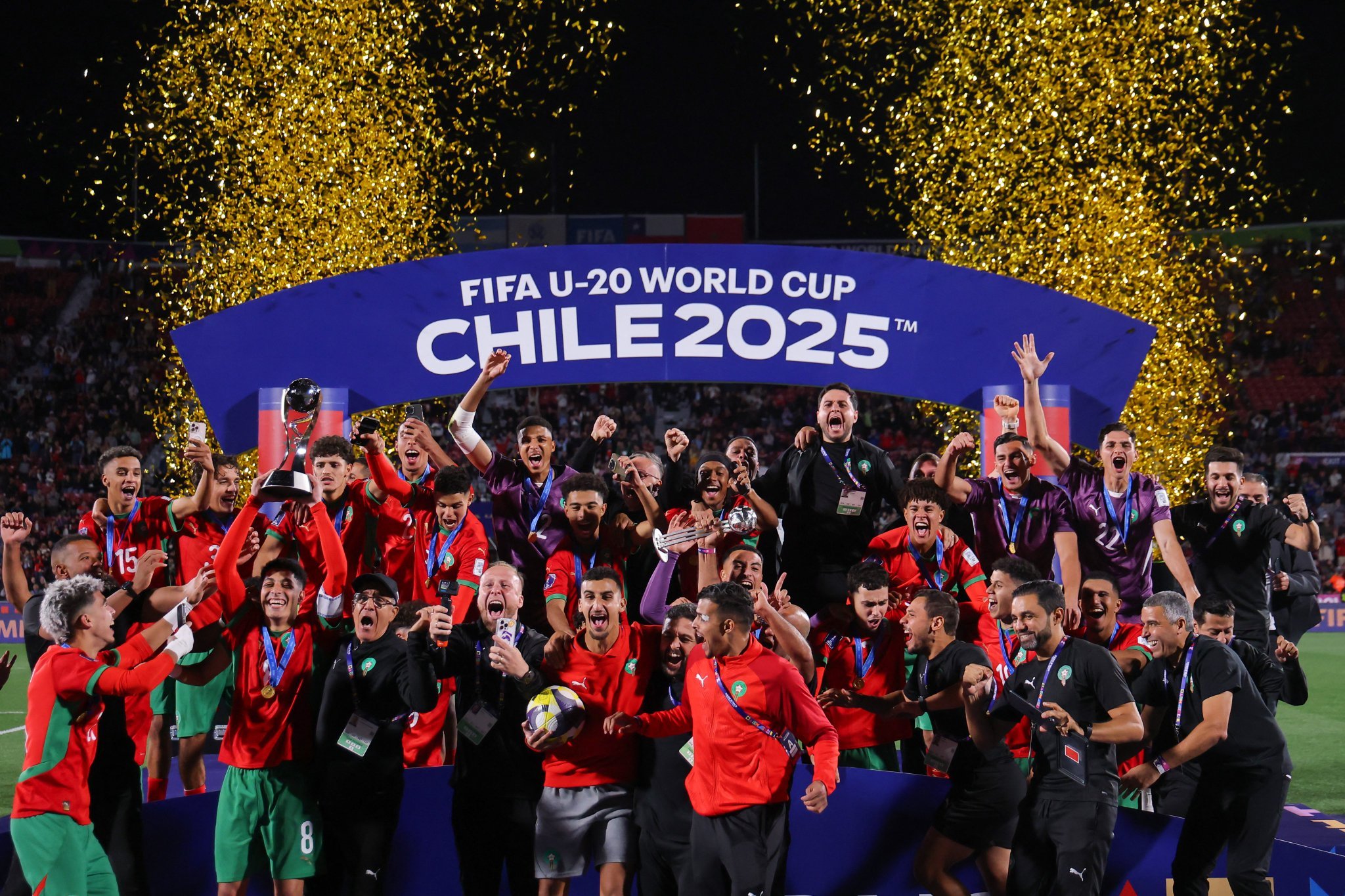





Facebook
Twitter
Pinterest
Instagram
Google+
YouTube
LinkedIn
RSS